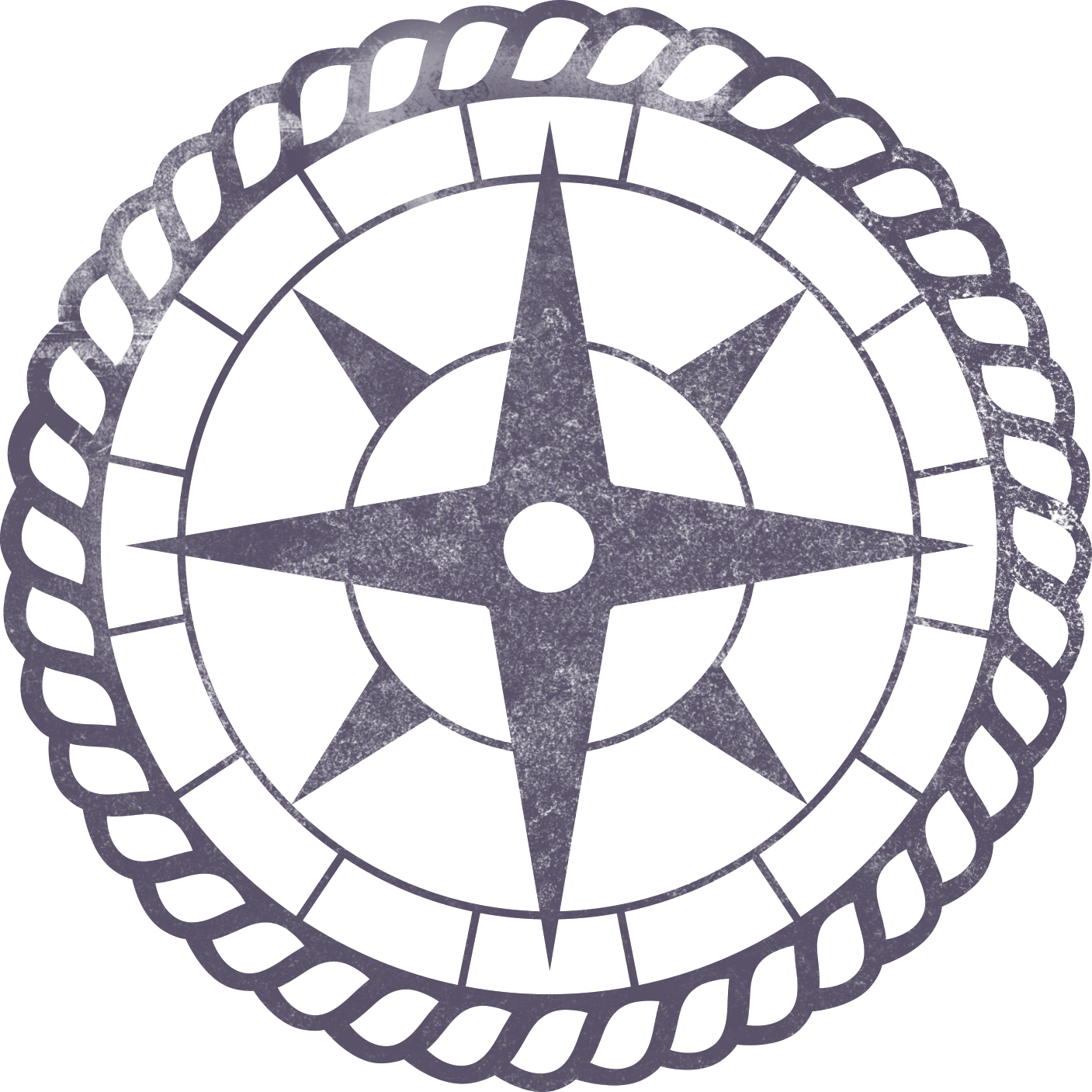 Born in Berlin, Germany, in 1886, Outward Bound founder and visionary Kurt Hahn was the second of four sons in a prominent Jewish family. In 1904, Hahn suffered severe sunstroke which left him permanently disabled and required a long period of recovery in darkened rooms. During these lonely months Hahn articulated a philosophy that would guide him both personally and professionally throughout life: your disability is your opportunity.
Born in Berlin, Germany, in 1886, Outward Bound founder and visionary Kurt Hahn was the second of four sons in a prominent Jewish family. In 1904, Hahn suffered severe sunstroke which left him permanently disabled and required a long period of recovery in darkened rooms. During these lonely months Hahn articulated a philosophy that would guide him both personally and professionally throughout life: your disability is your opportunity.
Hahn studied at Oxford but returned to Germany in 1914 at the outbreak of WWI without earning a degree. During the war, Hahn worked for the German foreign office, and allied himself with Germans who wanted to seek peace with western Europe. At the end of the war, Prince Max of Baden, Germany’s last imperial chancellor, asked Hahn to be his personal secretary. Hahn and Prince Max devised a plan for a new kind of school, the Schloss Salem School, a coeducational boarding school (whose name is derived from the Hebrew word shalom and the Arabic word salaam, both of which mean peace), which they opened in 1920 with Hahn as headmaster.
In Kurt Hahn and the Aims of Education, Thomas James describes Salem as “an attempt to create a healthy environment in which young people could learn habits that would protect them against what Hahn saw as deteriorating values of modern life.” Hahn identified six declines that young people are exposed to that he hoped his school would address:
- Decline of Fitness due to modern methods of locomotion;
- Decline of Initiative and Enterprise due to the widespread disease of spectatoritis;
- Decline of Memory and Imagination due to the confused restlessness of modern life;
- Decline of Skill and Care due to the weakened tradition of craftsmanship;
- Decline of Self-discipline due to the ever-present availability of stimulants and tranquilizers;
- Decline of Compassion due to the unseemly haste with which modern life is conducted or as William Temple called “spiritual death.”
And worst of all:
To counter these social diseases, Hahn conceived a preventive cure that offered youth the opportunity to discover healthy passions- like the zest for exploration and the love for art and music- that would absorb the child completely. Hahn’s experiential education program consisted of four elements:
- physical fitness- exercising the body and keeping free from cigarettes, alcohol, and drugs;
- expedition- exploring the world by sea and land under difficult conditions, alone or in groups;
- project work- planning and executing an enterprise in research, art, or construction; and, most important,
- social service- helping the injured, sick, old, and handicapped in hospitals, homes, and rescue stations.
Hahn’s intent at Salem School, as described by Josh Miner and Joe Boldt in Outward Bound USA: Crew Not Passengers, was to “nurture a German youth with convictions rooted in personal responsibility, kindness, and justice.” Hahn wanted to train future citizen leaders who would stand up for what they believed to be right, “despite hardships, despite dangers, despite inner skepticism, despite boredom, despite mockery from the world, despite emotion of the moment.”
Hahn also believed that education should include opportunities for both failure and success. He regarded failure as an important part of learning how to overcome setbacks, which he believed helped build confidence. He also maintained that effective learning situations involved both directed activities and time for reflection. To help students balance their mental and physical growth, Hahn introduced a training plan that included increasing levels of physical challenge and personal hygiene and focused on promoting healthy living as opposed to competitive performance. Students were also expected to perform community service, serving on the local fire brigade for example.
Hahn’s philosophy and all the ideas he implemented at Salem School went on to influence and inform all his future ventures, and they still do today. Their enduring relevance is one of Hahn’s greatest achievements.
Browse our programs and discover why Outward Bound is the leader in experiential and outdoor education.
[notification type=”notification_info_tiny”]The copy in this post originally appeared in the Outward Bound Staff Manual.[/notification]




[…] the 1920s, Germany’s political climate began to change. Kurt Hahn’s liberalism and educational philosophies drew increasing criticism. Nevertheless, he continued to promote his ideas about education and […]
[…] the responsibility to complete their course and graduate. To do so, we take the lessons of founder Kurt Hahn and move our students through a progression of graduated levels of responsibility and independence. […]